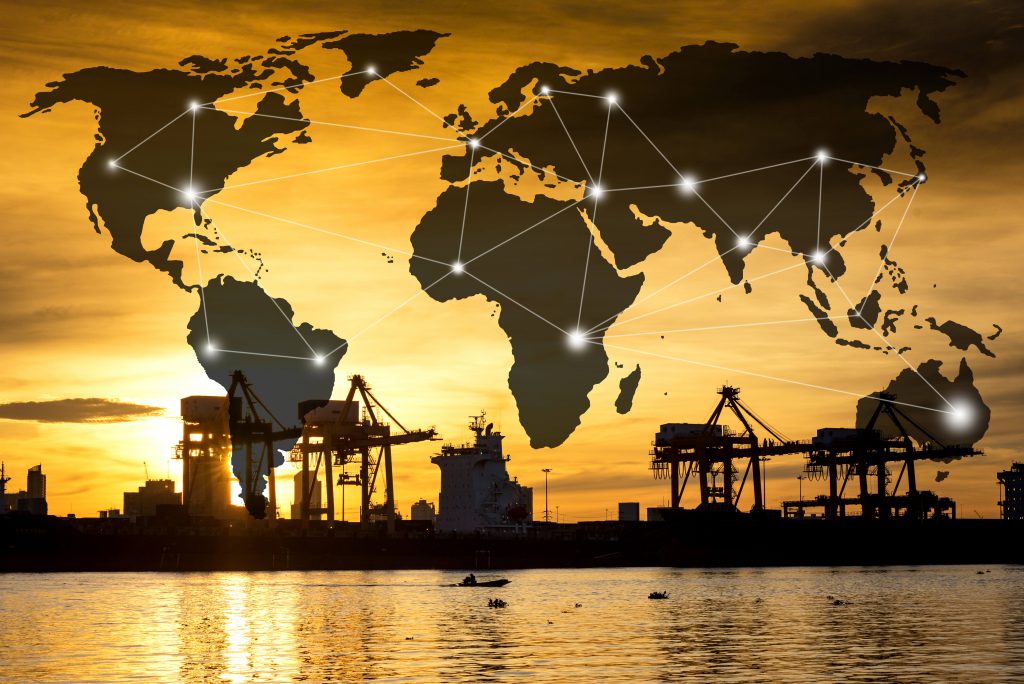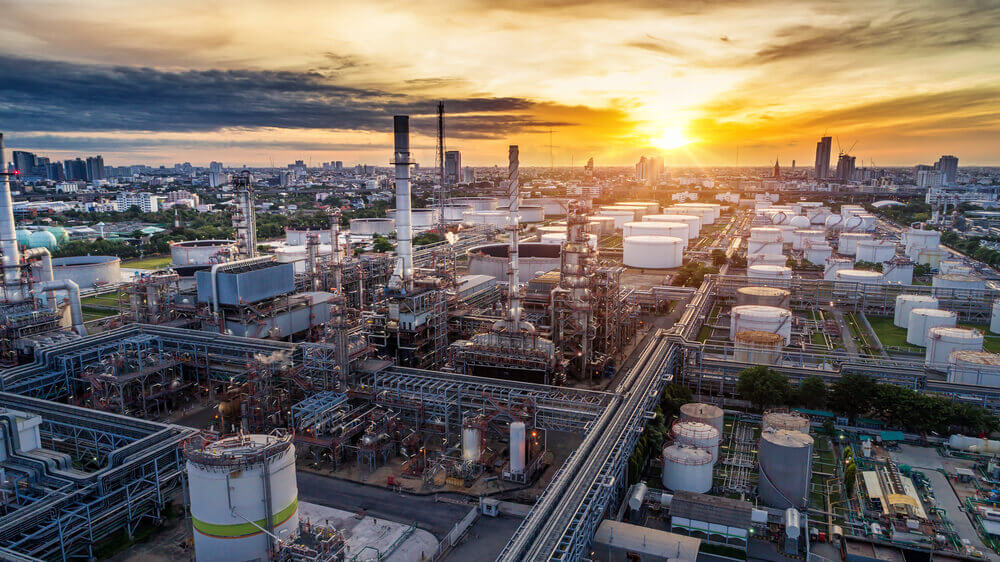
EU oil embargo ‘in days’, Gas profits
The European Union is expected to impose a ban on Russian oil imports “within days,” as Moscow stated that it sees economic ties with China expanding after being ostracized by the West over its invasion of Ukraine.
Many of the EU’s 27 member states rely heavily on Russian energy, prompting Kyiv to criticize the bloc for not acting swiftly enough to suspend shipments. Hungary remained firm in its need for energy investment before agreeing to such an embargo, clashing with EU member states eager for a quick approval. The EU has provided up to 2 billion euros ($2.14 billion) to central and eastern countries that lack non-Russian supplies. Russia’s three-month-long invasion of Ukraine, the worst attack on a European state since 1945, has resulted in more than 6.5 million people fleeing abroad, destroying entire cities and imposing unprecedented Western sanctions on Russia.
On Monday, the US coffee chain Starbucks became the latest Western business to announce its withdrawal from Russia. The remarks came during US President Joe Biden’s Asia visit, during which he stated that he would be willing to use force to defend Taiwan against the Chinese invasion. This statement appeared to push the bounds of the US’s ambiguous stance toward the self-ruled island.
On February 24, Russia dispatched hundreds of troops into Ukraine for a “special operation” to demilitarize its neighbour and hunt out dangerous nationalists, statements derided by Kyiv and Western countries as a ruse for a territorial grab.
Poland Says Norway Should Share Its “Gigantic” Oil & Gas Profits
Norway, the largest oil and gas producer in Western Europe, should share the substantial gains from oil and gas exports since Russia’s invasion of Ukraine, Poland’s Prime Minister Mateusz Morawiecki said this weekend.
Poland hopes to begin importing natural gas from Norway through the Baltic Pipe Project, which is expected to be completely operational in early 2023 and will diversify Poland’s gas supply.
Meanwhile, Polish Climate and Environment Minister Anna Moskwa announced that Poland had cancelled an agreement to receive Russian gas through the Yamal-Europe pipeline nearly a month after Russia halted exports to Poland when the EU member refused to pay in rubles for gas. Gazprom cut off Russian gas exports to Poland and Bulgaria in late April, citing a “lack of payments in rubles.”
Poland has consistently emphasized that Europe must reduce its dependency on Russian gas since Moscow uses energy as a weapon to seek influence in the EU. Poland has been attempting to wean itself from Russian gas for years because it has long viewed Russia’s energy strategy as a danger to energy security.
Ember’s research, published in February, stated that fossil gas generation produced 18 per cent of the EU’s electricity, a three-year low. Last year, renewables accounted for 37% of total electricity production in the EU, whereas nuclear accounted for 26%.
Gasoline prices in the United States are breaking new records practically every day, but the suffering isn’t relatively dispersed across the country.
Gas prices have reached a painful threshold at nine California stations. Although California’s minimum salary is significantly higher than the federal minimum wage, with workers earning at least $14 an hour, spending $7.25 a gallon or more still takes a significant chunk out of the average paycheck.
Meanwhile, the International Energy Agency has stated that governments worldwide must do more to accelerate the rise of electric vehicles.
Electric-car sales continue to set new records, but mineral supply limits are coming,” the IEA warned in its most recent EV outlook.
The agency recommended that government reduce bottlenecks for battery materials, increase assistance for EV sales, and take steps to jumpstart the market for heavy-duty electric cars. Such activities may aid in achieving their aim of a 350 million global EV fleet. As things stand, EVs aren’t selling fast enough for the globe to have a realistic chance of averting the worst effects of climate change.



